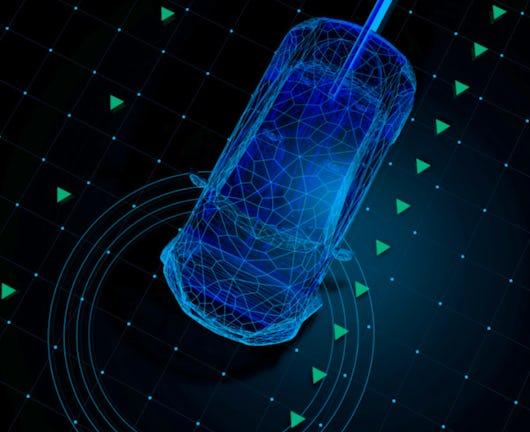MOOC List is learner-supported. When you buy through links on our site, we may earn an affiliate commission.

MOOC List is learner-supported. When you buy through links on our site, we may earn an affiliate commission.
What you'll learn
- Model basic autonomous systems including linear control systems, sequential circuits, and simple timed automata in a unified fashion
- Describe solutions and behaviors of systems
- Define and illustrate interconnections between system
Syllabus
Course Introduction
In this introductory module, we delve into the world of autonomous and cyber-physical systems, their significance, structure, and applications. By studying real-world examples, such as the Ariane 5 rocket failure, adaptive cruise control, and self-driving cars, we will grasp the foundational understanding of the importance of modeling in autonomous systems. Moreover, we'll discuss key components of these systems, the tight interaction between hardware and software, and the ubiquity of autonomous systems in various sectors.
Foundations of Autonomous Systems Modeling
In Module 2, we delve into the nuances of system modeling. Through instructional videos, students grapple with system definitions, state diagrams, and transition systems. Relevant assignments further solidify this knowledge. Real-world examples, like the Northeast Blackout of 2003, underscore the importance of precise modeling, while practical systems such as a Beverage Vending Machine and Turnstile illustrate core concepts. A truly academic journey into the essence of system modeling awaits.
Modeling Physical Systems and Hybrid Systems
Module 3 introduces students to the fundamental principles of modeling dynamic systems, focusing on translational mechanical systems, rotational mechanical systems, and analog circuits. Emphasizing the mathematical relationships underlying these systems, the course progresses into more specific examples and dives deep into timed and hybrid automata, providing a comprehensive understanding of the role of timing in systems modeling.
Systems' Behaviors and Composition
Module 4 dives deep into understanding system solutions, behaviors, and various compositions. Learners will be introduced to the mathematical representations of systems and their behaviors. Through a series of engaging video content, learners will explore parallel, serial, and feedback compositions. Additionally, the module provides practical assignments to enhance comprehension and a detailed study of system modeling.
MOOC List is learner-supported. When you buy through links on our site, we may earn an affiliate commission.
MOOC List is learner-supported. When you buy through links on our site, we may earn an affiliate commission.
